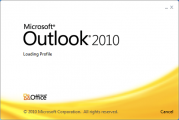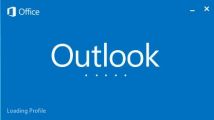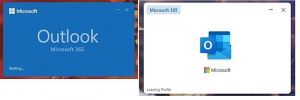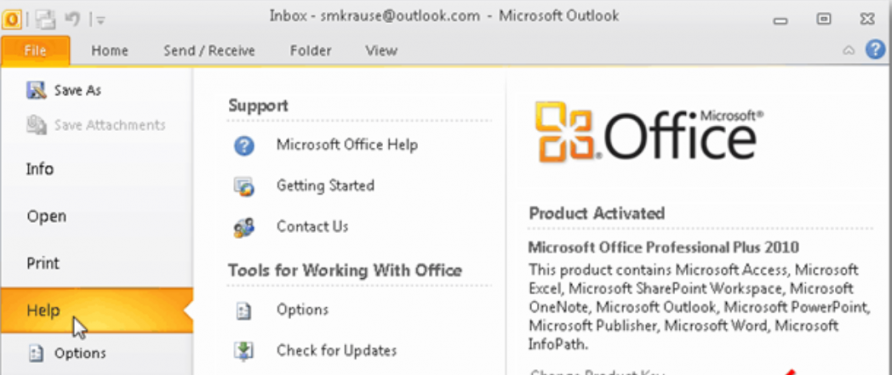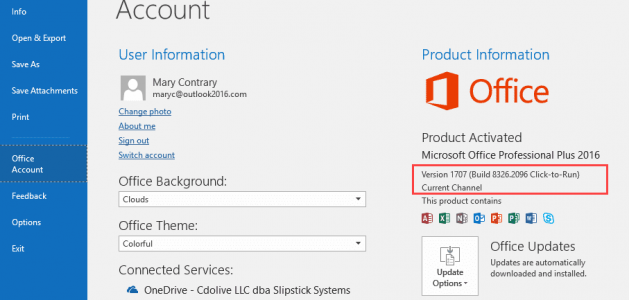Difference between revisions of "Which version of Outlook am I using"
Jump to navigation
Jump to search
| Line 1: | Line 1: | ||
| + | The following Outlook desktop versions were released in or after 2010: | ||
| + | |||
| + | * Outlook 2010 | ||
| + | * Outlook 2011 for Mac | ||
| + | * Outlook 2013 | ||
| + | * Outlook for Mac (2014) | ||
| + | * Outlook 2016 | ||
| + | * Outlook 2016 for Mac | ||
| + | * Outlook 2019 for Mac | ||
| + | * Outlook 2021 (as part of the Office 2021 LTS Channel release) | ||
| + | |||
| + | In general, you should be abel to click '''File''' and then '''Help''' to see which version you have, but if you're unsure you can find out more below. | ||
| + | |||
=Startup screens= | =Startup screens= | ||
You may see one of the following screens when you start Outlook. | You may see one of the following screens when you start Outlook. | ||
Revision as of 19:45, 19 September 2023
The following Outlook desktop versions were released in or after 2010:
- Outlook 2010
- Outlook 2011 for Mac
- Outlook 2013
- Outlook for Mac (2014)
- Outlook 2016
- Outlook 2016 for Mac
- Outlook 2019 for Mac
- Outlook 2021 (as part of the Office 2021 LTS Channel release)
In general, you should be abel to click File and then Help to see which version you have, but if you're unsure you can find out more below.
Contents
Startup screens
You may see one of the following screens when you start Outlook.
